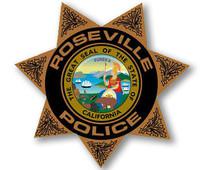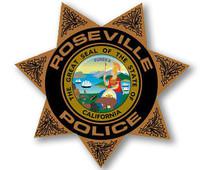
Seven deadly driving habits every parent should discuss with their teen
By: The Roseville Police Department
The school bell is ringing again, and with it come early mornings, after-school practices, and teens hitting the road. If you’re the parent of a teenage driver, your biggest concern isn't just whether they make it to class on time-it's whether they make it there safely.
Car crashes are still the leading cause of death for teens in the U.S., and most of them are preventable. According to SafeKids.org, seven risky behaviors behind the wheel are claiming teen lives every day.
Ask yourself: Is my teen doing any of these?
1. Skipping seat belts
It seems simple, but it’s deadly. More than half of the teens killed in crashes weren’t buckled up.
2. Texting while driving
Just five seconds of distraction is all it takes. At 55 mph, that’s like driving blindfolded for the length of a football field. A quick reply isn’t worth a life.
3. Staying silent when scared
Half of teen passengers admit they’ve felt unsafe, yet many don’t speak up—sometimes even with their parents. Teach your teen to be vocal about dangerous driving.
4. Too many passengers
More friends in the car means more distractions. With two or more passengers, a teen driver’s risk of a fatal crash can double or even triple.
5. Drinking and driving
Even one drink is too many. In fatal crashes involving teen drivers ages 15-19, 15% had a blood alcohol level of .08% or higher.
6. Driving after dark
Nighttime driving is significantly more dangerous for teens. The risk of a deadly crash is three times higher than during the day.
7. Speeding
Fast doesn’t mean fun—it means fatal. Over one-third of teen driver deaths involve speeding.
What can you do?
Take 10 minutes-just 10-to sit down and talk with your teen. Go over these risks together. Set clear expectations. Make it non-negotiable:
Safety always comes first.
Because when your teen gets behind the wheel, it’s not just about the car. It’s about their life, and everyone else on the road.
Let’s make sure they always come home--every single day.



Recommended Comments
Join the conversation
You can post now and register later. If you have an account, sign in now to post with your account.